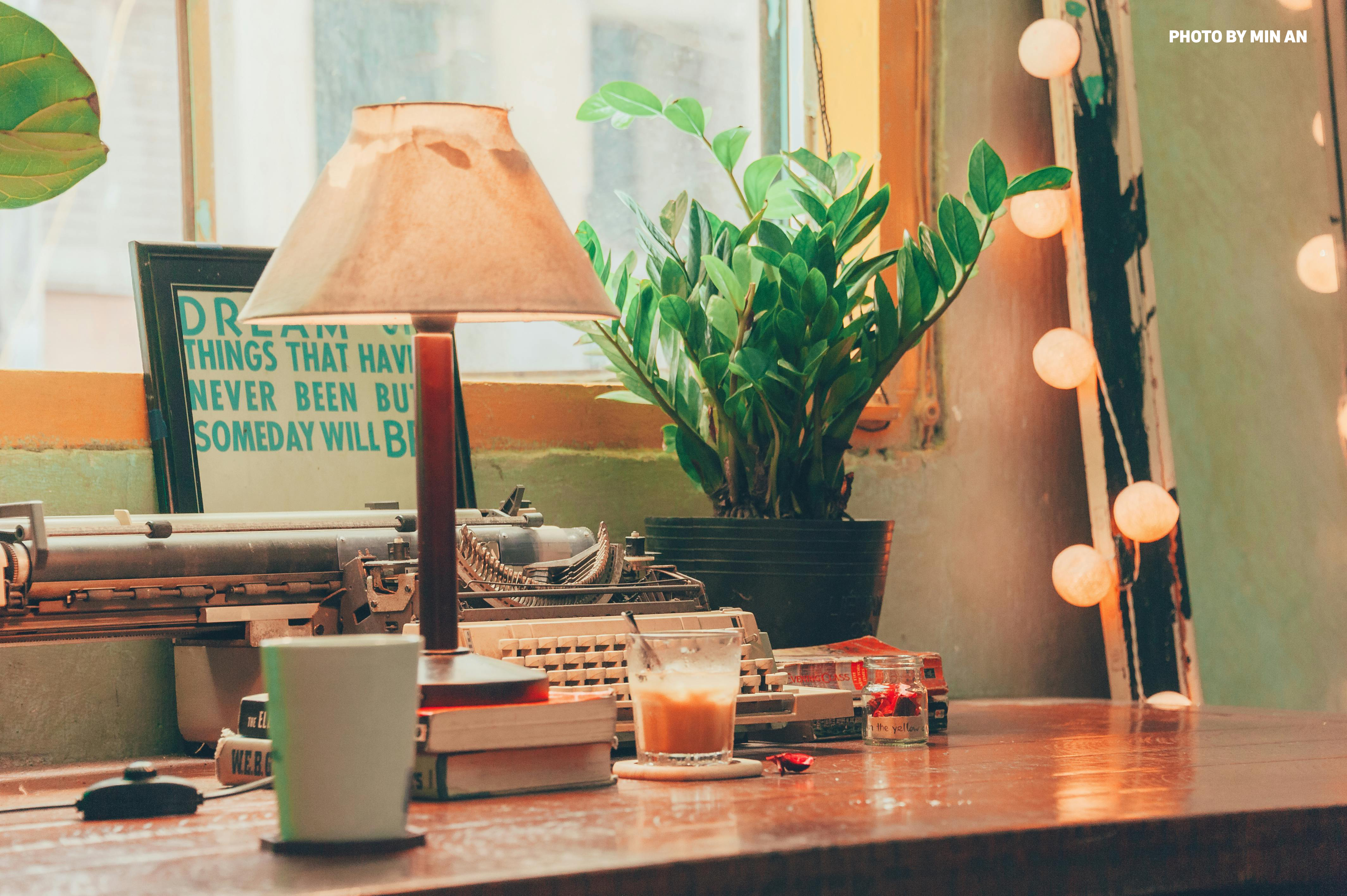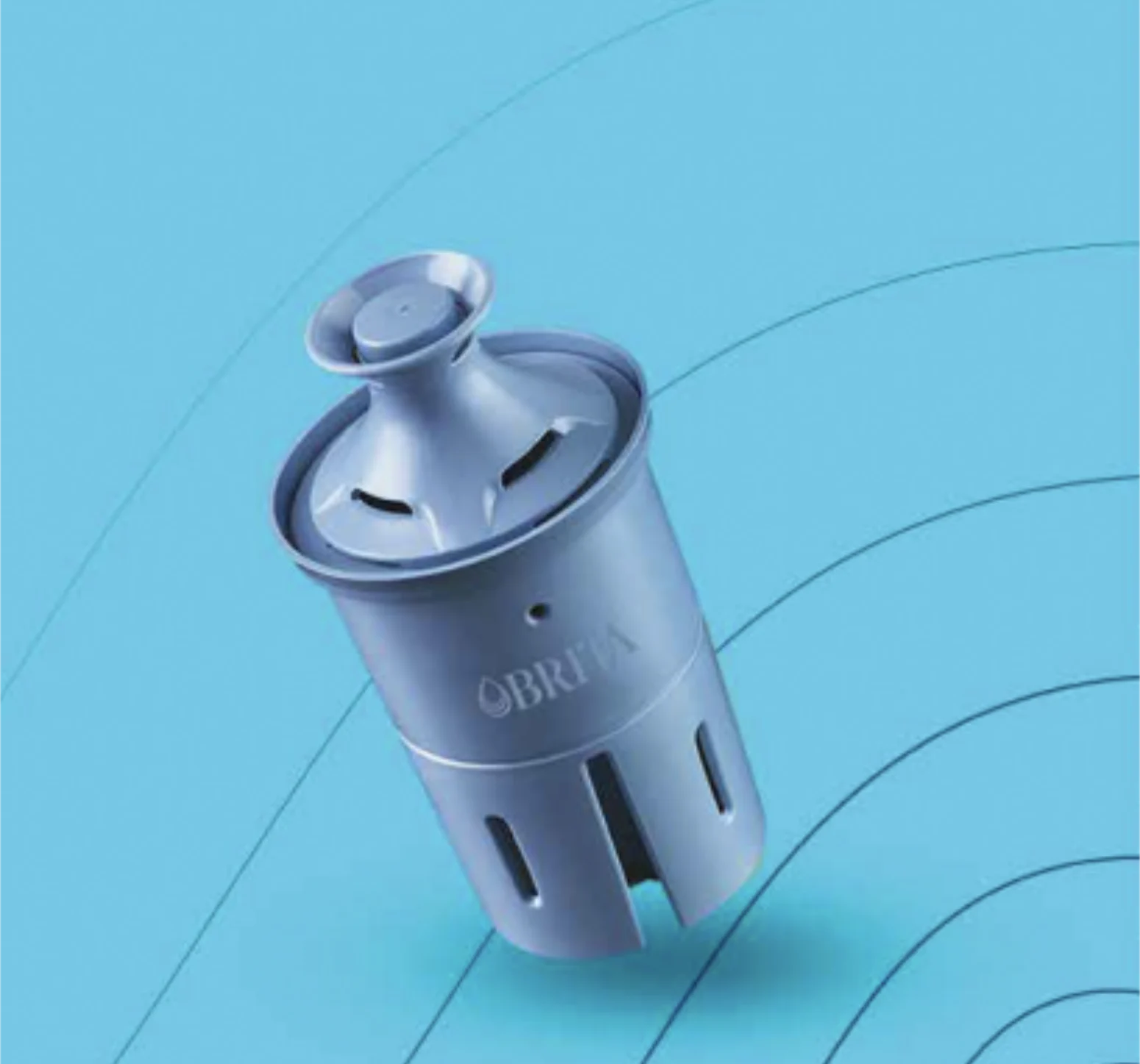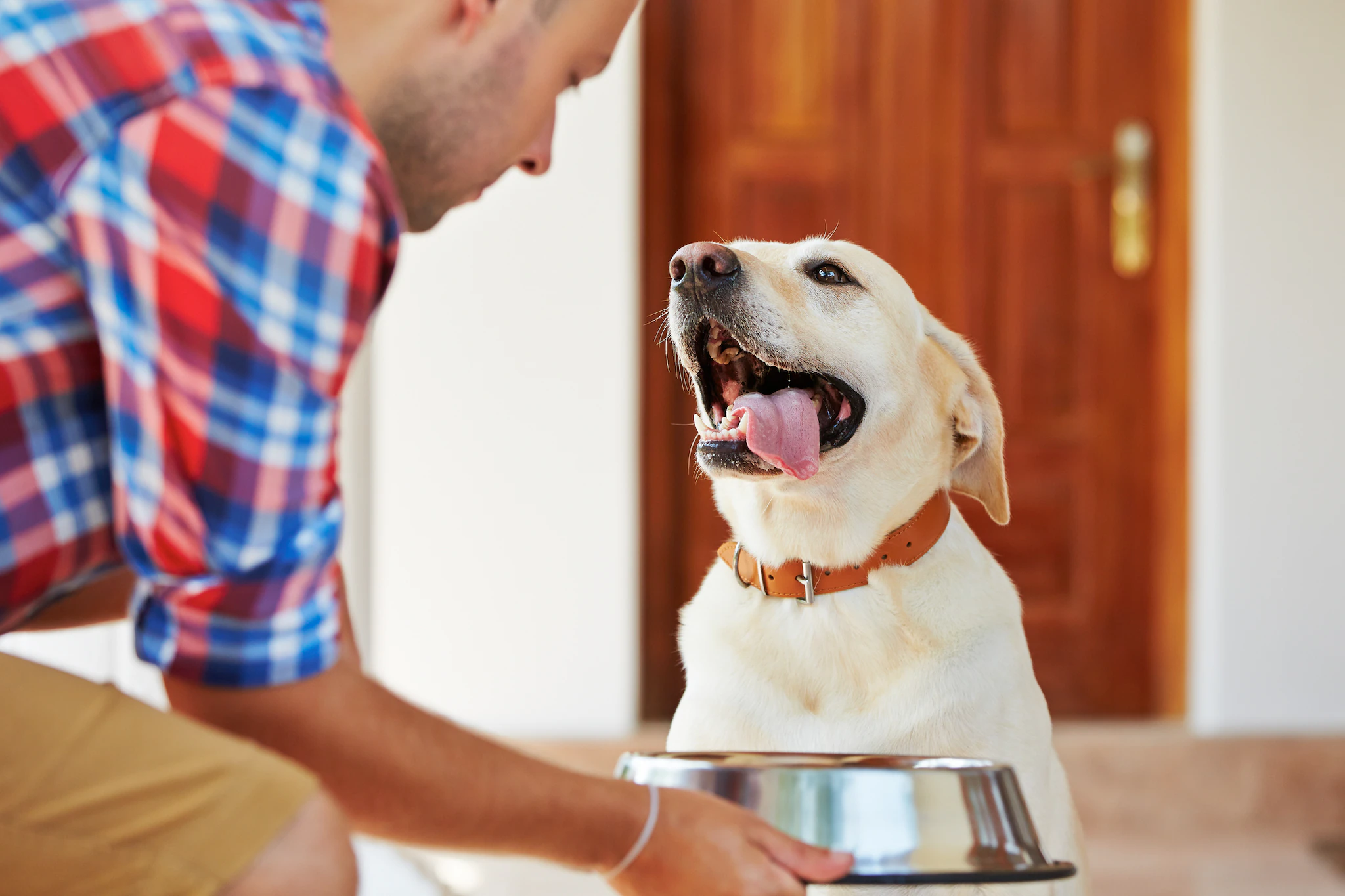Houseplants are a great way to add some color and life to your living spaces. They tend to make spaces more welcoming and warm.
Other than their stylistic value, house plants are also known for reducing stress and improving cognition and fresh oxygen in the rooms where they are placed.
Though houseplants generally rely on water to survive, some studies have determined that using filtered water on them might be better than tap water. Here’s what to know:
Is tap water better for houseplants than filtered water?
According to the CDC, unfiltered water generally comes with chemicals and metals that can sometimes be harmful to some plants.
Depending on where you live, tap water can sometimes come with lead, copper, chromium, chloride, sodium and reduced levels of arsenic, fluoride, radium, sulfate, calcium, magnesium, potassium, nitrate, and phosphorous, according to the EPA.
In small quantities as those in tap water, those chemicals and metals are safe for humans. However, chemicals such as chlorine and fluoride, which are added to tap water as disinfectants, can damage some plants as they accumulate in their soil in the long run.
For example, a study by the Japanese Society for Horticultural Science found that Lactuca Sativa L. (Lettuce) plants grown in controlled environments suffered from root browning when exposed to chlorine. Other plants were also found to develop leaf yellowing when exposed to some levels of chlorine.
When it comes to fluoride, its presence in a plant’s soil can also cause some negative effects.
“Fluorine can adversely affect plants at concentrations as low as .1 part per million,” J. Robert Nuss, professor of ornamental horticulture at Pennsylvania State University said. “In some municipal water supplies, 10 times that amount is added to prevent tooth decay.”
While some plants may not display outright the negative effects of fluoride in their system, some types do offer some visual indicators.
“A top indicator of fluoride content is the spider plant, or Chlorophytum, which will show spotted leaves or burned tips,” Nuss said.
To reduce the levels of fluoride in water, Nuss recommends using a traditional water filter or adding two teaspoons of limestone per six-inch pot of soil.
Is softened water bad for houseplants?
The short answer is yes. This is because filters that soften water generally do so with sodium chloride, which if given to plants can cause a gradual build-up of sodium in the soil which can lead to plant growth problems.
“Many homeowners soften their water by using a filtration system to exchange the calcium and magnesium in the water for sodium, creating a softer water that allows soap to function better,” Nuss said.
While sodium is used by plants in very small amounts, it can become toxic to them over time, Nuss added.
“Excess sodium will damage the soil quality around the plant’s root system by breaking down the soil structure, thus reducing drainage,” Nuss said.
Is distilled water good or bad for plants?
It all depends on the type of plant that you own.
For example, tap water is often bad for carnivorous plants because it often contains salts and chemicals that can harm them. Therefore, distilled or water filtered through reverse osmosis is generally recommended for them.
On the flip side, distilled water is generally considered bad for most houseplants because it tends to lack the minerals that plants need to grow. If used for an extended period, plants can have stalled growth and develop leaf discoloration.




Leave a Reply